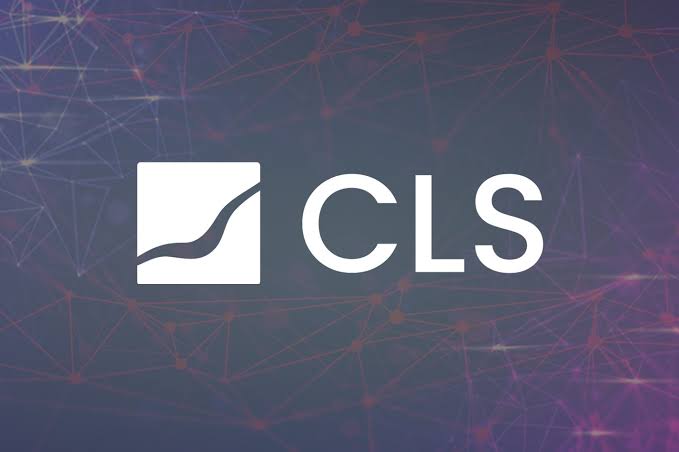Under regulatory scrutiny, CLS Global reinforces its strict non-U.S. policy, strengthening compliance efforts and promoting open dialogue with U.S. authorities.
The company has clarified its stance and committed to cooperation with authorities in response to recent U.S. regulatory actions targeting cryptocurrency firms, including CLS Global.
CLS Global has implemented measures to mitigate the concerns raised and improve its compliance framework amid ongoing investigations by the U.S. Securities and Exchange Commission (SEC), the Department of Justice (DOJ), and the Federal Bureau of Investigation (FBI).
CLS Global’s Adherence to a Stringent Non-U.S. Market Policy
CLS Global has consistently maintained a strict policy of avoiding engagement with the U.S. market, as it has emphasized. The company maintains that this policy excludes commercial interactions with U.S. citizens, entities, or clients.
“Our company has always aimed to maintain a policy that prohibits engagement with U.S. clients, entities, or users,” said CLS Global CEO Filipp Veselov.
He also stated that the company is committed to fulfilling its compliance obligations and has made efforts to ensure that its operations are separate from the regulatory reach of the United States, which has been perceived as an abuse of power by many.
In addition, CLS Global declared that it is committed to this non-U.S. policy but is willing to identify areas in which conformance can be enhanced. The company conveyed its dedication to engaging in constructive dialogue with regulatory authorities to guarantee compliance with the changing standards and expectations of the industry.
Steps Towards Constructive Dialogue
CLS Global has delineated measures to promote transparency and collaboration in response to the ongoing regulatory investigations. These measures involve establishing communication with U.S. authorities to facilitate a transparent and candid dialogue regarding the company’s operations. According to CLS Global, the company has contacted U.S. regulators to resolve potential misunderstandings.
The company expressed its confidence that transparent dialogue will resolve the current issues. Veselov stated, “We are dedicated to participating in constructive discussions with regulatory authorities to resolve any apprehensions.” Additionally, CLS Global is committed to collaborating closely with U.S. authorities to guarantee its operations are consistent with relevant legal regulations.
At the same time, the ongoing investigation into CLS Global is occurring during intensive scrutiny of the SEC’s leadership under Gary Gensler, whose term is set to expire in June 2025. Nevertheless, Gensler may depart earlier than anticipated, contingent upon the results of the U.S. presidential election. Brian Armstrong, the CEO of Coinbase, has requested that the incoming SEC chief issue a formal apology to American crypto investors for the “frivolous” litigation filed against crypto firms. Additionally, Armstrong has requested that the SEC withdraw these actions against crypto firms.
Improving Compliance Measures
CLS Global is thoroughly examining its client agreements to guarantee that they accurately reflect the company’s compliance posture regarding U.S. involvement in light of recent developments. This review aims to ensure that the prohibition of services to U.S. clients and entities is communicated clearly.
Additionally, CLS Global reported that it is currently evaluating its partnerships with cryptocurrency exchanges to validate their compliance with anti-money laundering (AML) and Know Your Customer (KYC) protocols.
The organization’s assessment of these partnerships is designed to mitigate regulatory risks and maintain its dedication to legal conformance. Consequently, CLS Global’s emphasis on KYC and AML protocols emphasizes its commitment to preventing unauthorized access to its services by U.S. individuals or entities.
